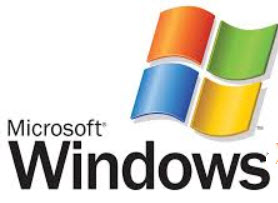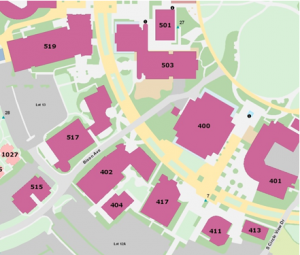
OIT’s Windows Services Group (WSG) provides Windows Server system administration and related application support. Here are some of WSG’s efforts over the last year.
Windows 7 Migration
As OIT’s Desktop Support has been guiding departments through the transition from Windows XP to Windows 7, WSG has been working behind the scenes to create a productive environment for users, including server support for user profiles (i.e., seeing the desktop and preferences you expect when you log in – at any supported machine), departmental shares (network disk drives), and group policies (such as security features.)
Remote Administration
Remote administration refers to systems that allow for efficient distribution of standardized software and desktop configuration from a centralized location. WSG has worked with Desktop Support to transition remote administration from LANDesk to BigFix and Microsoft System Center resulting not only in flexible and efficient support for user desktops, but saving UCI tens of thousands of dollars a year.
Lync
WSG has pioneered deployment of Microsoft Lync services for UCI. Lync is a hosted service that lets you connect with others through instant messaging (IM), video calls, and online meetings. Lync is integrated with Exchange so that (for example) free/busy information from your colleagues’ calendars is visible allowing you to see who among your collaborators is available through the work day or to schedule conferences.


